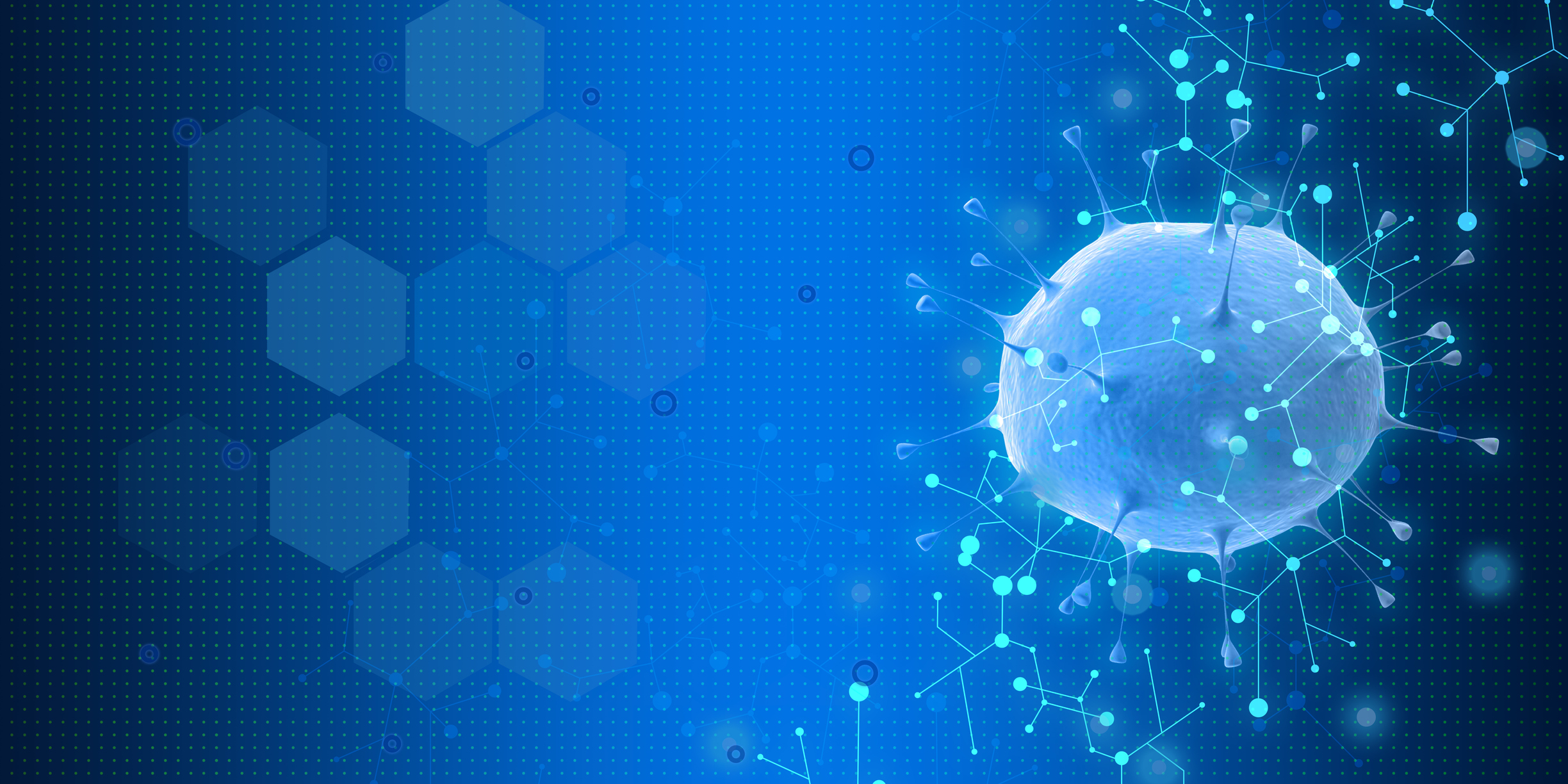How do evolution and natural selection drive biological change? What is the importance of genetic diversity, and why don’t dominant traits always take over? In this course, you’ll explore how genetic mutation occurs in cancer, how energy is transformed in living systems, and the differences between metastatic and non-metastatic tumor cells. You’ll study how knowledge of evolution explains the existence of genetic diseases, the evolution of drug resistance in bacteria and tumor cells, and how organisms adapt to their environment over time.
Program Dates
Choose the course length that works for you: 2- and 4-week sessions
Eligibility
For students ages 13 and up
Individual Course Fees
$1,795
Distinguish How Genetics and Evolution Relate to Cancer
Explore the Diversity of Organisms on the Planet
Discover how evolution and natural selection drive biological change. Study how evolution helps us understand the existence of genetic diseases, and how organisms adapt to their environment.
Learn How Genetic Information is Transmitted Through the Body
Consider how genes are at the core of every biological process. Explore the steps of gene expression, DNA replication, cell cycle, significance of inheritance, and implications of gene editing technology.
Review the Structure of Proteins and Their Wide Range of Functions
Explore the fascinating world of proteins, and how their unique structure allows them to perform diverse functions. Examine the structural differences between metastatic and non-metastatic tumor cells.
Study How Energy is Transformed in Living Systems
Learn how living systems transform energy to sustain biological functions. Delve into the metabolism of cancer cells to learn how they acquire and utilize energy to survive.
Explore Cellular Signaling and its Importance for the Functioning of Systems
Discover cell receptors’ role in receiving signals, and their relevance in cancer treatment. Learn how drugs intervene in the body’s pathways to treat medical conditions.
Capstone Project: Characterize Cancer’s Impact on the Body
Culminate information gleaned in this course to ascertain a specific cancer’s evolution, mutation, metabolism, structure function, and treatment. Answer the question: is a cure for cancer likely?

How You Will Benefit
- Discover how evolution and natural selection drive biological change
- Explore the fascinating world of proteins, and how their unique structure allows them to perform diverse functions
- Discover cell receptors’ role in receiving signals, and their relevance in cancer treatment
- Complete a Capstone Project to demonstrate what you’ve learned
- Earn a Certificate of Completion from the University of Notre Dame
Three Learning Advantages Designed for You
Capstone Project
All online courses culminate in a capstone project that allows you to:
- Determine a specific cancer upon which to focus
- Culminate all information gleaned to ascertain a specific cancer’s evolution, mutation, metabolism, structure function, and treatment
- Answer the question: is a cure for cancer likely?
Mentoring
You’ll receive guidance from a mentor who can support you and deepen your learning experience. You can expect:
- Encouragement and direction on all assignments
- Inspiration, motivation and confidence to help you excel in your studies
- Brainstorming and ideation to help you prepare for your Capstone Project
Flexible Learning
- 100% online learning that works with your schedule
- Flexible learning format through video lessons. Tune in anytime that works for you
- 20-30 hours of total instruction and course work, including engaging multimedia, simulations, and curated assignments for which you will receive guidance and support from mentors
Apply Now for the Next Available Course
All course options have the same educational content, learning materials, and number of assignments. We are offering a condensed version of the course in order to accommodate students’ individual schedules.
Hear from University of Notre Dame
Course Designed by University of Notre Dame Faculty
David J. Veselik, Ph.D.
Assistant Dean, Undergraduate Advising
Professor Veselik has held the position of assistant dean, undergraduate advising since 2021, after serving multiple teaching positions with the University of Notre Dame over the past 18 years. These roles include director of undergraduate studies for the biological sciences department and academic co-director of the Summer Scholars Program. Veselik’s research focuses on cellular and molecular biology as well as cancer.
Stephanie Jolly, MA
Guest Instructor, Biology
Jolly has taught biology to high school students at institutions around the world, both in person and online. She currently serves as pre-college faculty and Director of Course Development at Kaplan. Previously, she served as a pre-health advisor for aspiring medical students at NYU, where she graduated with an MA in Food Studies. She holds a graduate certificate in clinical dietetics from the University of Washington along with triple bachelors degrees in Biology, Anthropology, and Nutrition.
Want to know more?
Sign up for more information and we’ll be in touch!
Frequently asked questions
When will you find out if you’ve been accepted? How will you be graded? What are assignments like? How much time will you get to complete a project?Answers to your questions are here.
Admissions
Our application is simple. You can expect a prompt decision.
Scholarships
We offer need-based scholarships in each cohort to students exhibiting high potential and an inability to pay full tuition. If you would like to be considered for a scholarship but you:
- If you haven’t applied to the program, apply here. After submitting your application, click “Apply for a need-based scholarship” on the confirmation page to request a scholarship.
- If you’ve already applied to the program, sign in to your Profile to check your scholarship status. If we don’t have a scholarship request on file, click “Apply for a need-based scholarship” to request a scholarship.


